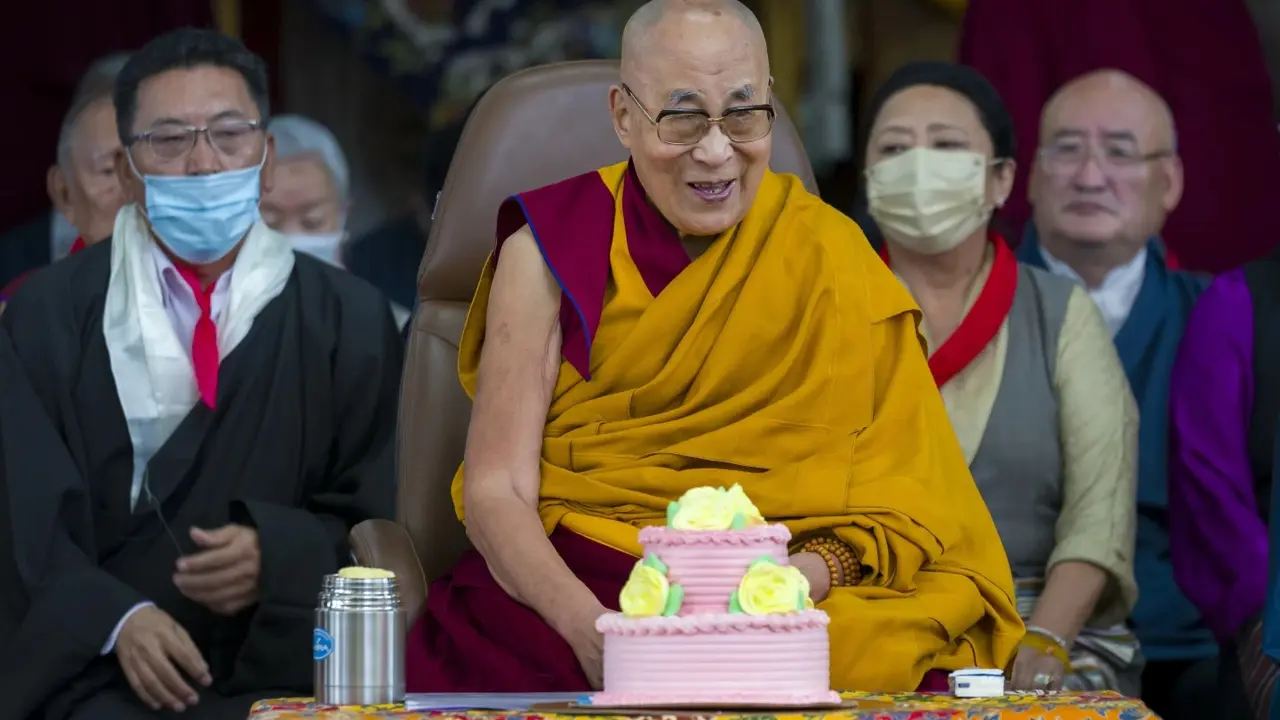Updated 2 July 2025 at 16:59 IST
‘Our Approval Must’: China Asserts Control Over Dalai Lama’s Succession
China, which brands the current Dalai Lama a separatist despite his advocacy for genuine autonomy rather than independence, has repeatedly claimed exclusive authority over the reincarnation process.
- World News
- 2 min read

New Delhi: China on Wednesday insisted that any reincarnation of the Dalai Lama must be approved by Beijing, responding to the Tibetan spiritual leader’s announcement that he plans to have a successor after his death.
Tenzin Gyatso, the 14th Dalai Lama, reaffirmed that the centuries-old tradition of reincarnation would continue, bringing reassurance to many Tibetans worried about the future of their cultural and spiritual leadership.
The 89-year-old Nobel Peace Prize laureate fled Lhasa in 1959 after a failed uprising against Chinese rule and has since become a global symbol of non-violence and the Tibetan struggle to preserve their identity.
China, which brands the current Dalai Lama a separatist despite his advocacy for genuine autonomy rather than independence, has repeatedly claimed exclusive authority over the reincarnation process.
Advertisement
“The reincarnation of the Dalai Lama, the Panchen Lama and other great Buddhist figures must be chosen by drawing lots from a golden urn and approved by the central government,” Chinese Foreign Ministry spokeswoman Mao Ning said during a regular briefing. She cited the practice introduced by a Qing dynasty emperor in the 18th century as the legal basis for Beijing’s role.
Defending China’s religious policies, Mao argued that official management of reincarnation is consistent with freedom of religion and necessary to ensure that beliefs align with Chinese society.
Advertisement
“The Chinese government implements a policy of freedom of religious belief, but there are regulations on religious affairs and methods for managing the reincarnation of Tibetan living Buddhas,” Mao said.
She added, “The survival and development of any religion lies in adapting to the country's social environment and cultural traditions. This is not its restriction.”
Published By : Isha Bhandari
Published On: 2 July 2025 at 16:59 IST
